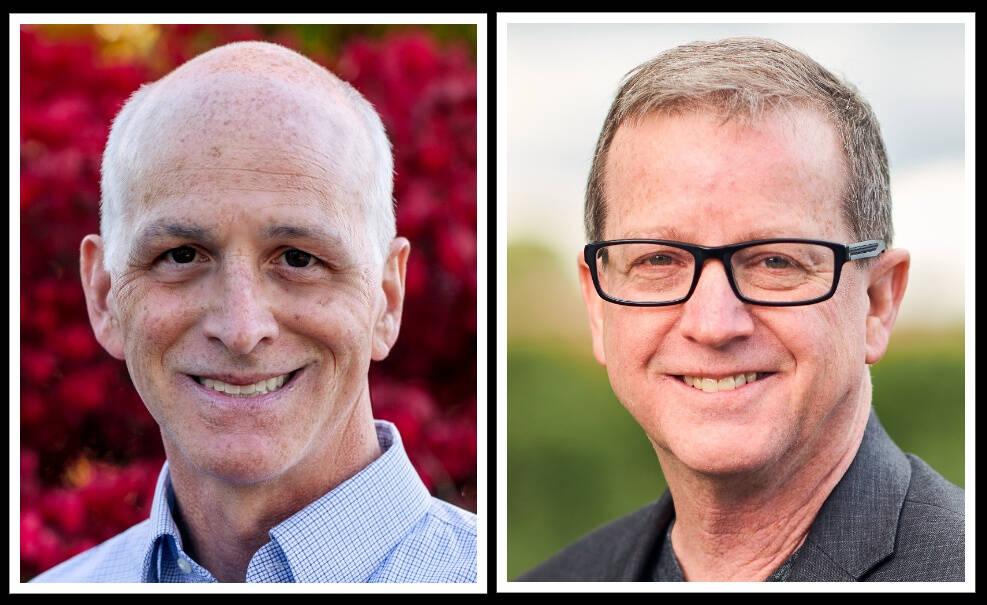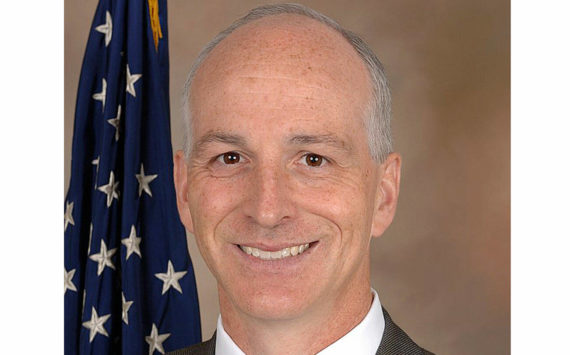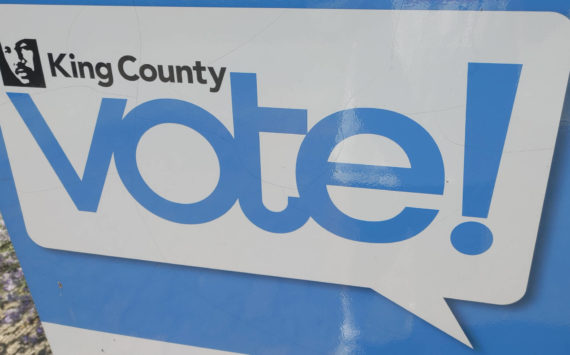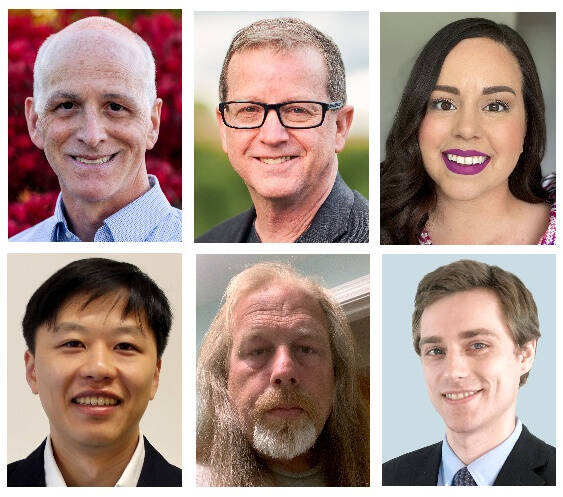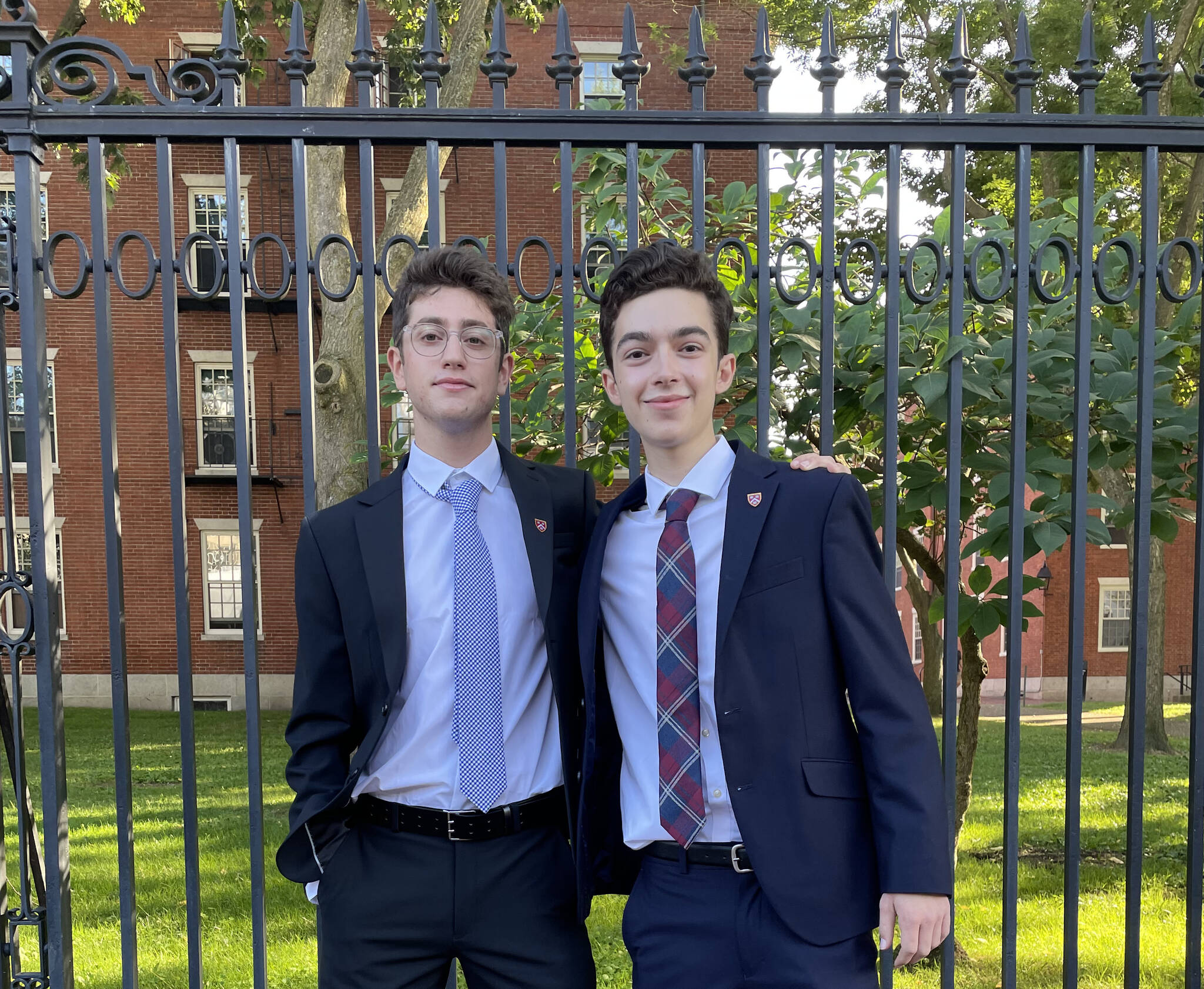In the Congressional District 9 race for United States Representative, incumbent Adam Smith will take on Doug Basler in the Nov. 8 general election.
Smith (D) finished with 55.21% of the vote (78,272 votes) in the Aug. 2 primary and Basler (R) finished with 20.56% of the vote (29,144 votes).
King County Elections mailed ballots to registered voters on Oct. 19 and will post the initial round of results by 8:15 p.m. on election night.
The Reporter reached out to both candidates and asked four pertinent questions about the election. Each one was allotted 2,000 words for their responses.
Congressional District 9 includes parts of Renton, Kent, Mercer Island and Federal Way along with other cities from Tacoma to Bellevue.
ADAM SMITH
What do you feel are three of the most critical issues in the district and how do you hope to address them?
Economic inequality is one of the most critical issues affecting the 9th district. Millions of Americans are finding it difficult, if not impossible, to afford basic necessities like housing, child care, and health care. The cost to rent or purchase a home in the Puget Sound has skyrocketed, far outpacing increases in wages for people. That is why I support expanding the supply of affordable housing, making housing vouchers universally available, and investing in holistic permanent supportive housing. I am a co-sponsor of the Housing Infrastructure Act, which would invest $70 billion to repair public housing and $45 billion to construct new units to address the shortage of affordable options. I strongly support expanding and strengthening the Low Income Housing Tax Credit to make it better serve communities in need.
Behavioral health is another critical issue facing the district. There is a significant shortage of options that individuals experiencing a mental health crisis to receive the immediate and long-term care they need. That is why I introduced the Behavioral Health Crisis Care Centers Act, which would provide access to funding for states, cities and counties, and tribal governments to build, operate, and expand one-stop behavioral health crisis care centers. One-stop behavioral health crisis care centers provide critical crisis stabilization services and wraparound services to connect individuals to services they need such as housing, job training, or legal services.
For too many people, the barriers to receiving an education or obtaining the skills needed to succeed are insurmountable. Unfortunately, our current education system focuses too much on just supporting four-year colleges and universities.
I have long advocated for greater funding for community and technical colleges and supported increased investments in paid workforce training opportunities like Registered Apprenticeship programs and work-based learning programs. These programs create pathways to high-quality in-demand jobs for individuals. I have also been a leader in Congress, advocating for investments in wrap-around support services and stipends for individuals in workforce training programs and two-year education programs to ensure they have the assistance they need to cover everyday living costs such as housing, food, and transportation.
Most recently, I introduced the Community and Technical College Investment Act, which would enable states to offer tuition-free community and technical college and expand wraparound support services, including housing, food, and transportation services, that are critical to helping students to complete their programs. Everyone across the country should have the ability to pursue educational opportunities and job training programs without being burdened by debt.
What’s your life philosophy and how can you apply that to district matters?
I believe that everyone should have economic opportunity. I saw this first-hand early on in my life with my father. As a ramp-serviceman and union member at SeaTac airport, he made a living wage that could afford housing and educational opportunities.
Unfortunately, the exponential rise in income inequality has led to wages not keeping up with basic costs of living. Many workers with good jobs in the 9th District can hardly afford to live here. That is why I am focused on creating broad-based economic opportunity, and reducing the concentration of wealth in this country that has led to far too many working people being unable to afford to live.
What will you do in your role as a representative to support and strengthen the district?
I believe one of the most fundamental aspects of my job as a representative is constituent services and engaging directly with constituents. I am constantly meeting with community stakeholders, organizations, and constituents to identify issues, find solutions, and then deliver results in any way I can. Whether that is through advocating for specific legislation, getting federal funding for the district, helping constituents with casework, or bringing stakeholders together to solve a problem, working collaboratively with constituents and community organizations allows me to be an effective representative.
What’s special about the district, and what are some improvements you feel could be made?
As a lifelong resident of the 9th District, it remains my greatest honor to represent an area where I grew up and where Sara and I have raised our family. This district is special because it is home to a tremendously diverse group of communities; this diversity makes the district better.
In addition to addressing economic inequality, the district and entire state of Washington are seeing first-hand the growing impacts of climate change. We must accelerate our efforts to transition away from fossil fuels and decarbonize all sectors of our economy.
This will require coordinated action by local, state, and federal government, communities, and the private sector, to make the necessary investments and action to make this transition in an equitable way.
While it will be a challenge, this green transition presents an opportunity to grow jobs in the region, improve public health, reduce energy prices, and promote resiliency.
DOUG BASLER
What do you feel are three of the most critical issues in the district and how do you hope to address them?
Our biggest issues:
Inflation and cost of living — This is directly connected to out of control government spending without sufficient revenues to cover the deficits. That means the Federal Reserve must print money to offset the difference and simple economics tells us this devalues the money that is already in circulation. This must stop now, I will fight for a balanced federal budget and sound fiscal policies that strengthen the dollar and slow inflation. Also the over restriction of our energy sector is the cause of the huge increase in gas and diesel prices, and Washington state is poised to add as much as 46 cents a gallon in additional taxes this January. Virtually everything we buy comes by truck, train, and ships. All which are mainly powered by diesel fuel and when energy prices go up everything gets more expensive. I will use my office to work to turn this situation around. Affordable energy, food, and housing prices are my top priority.
Crime and Homelessness — It’s time to re-establish our justice system by enforcing our laws and prosecuting criminals so that our families, children, neighborhoods, and businesses can be safe. Everyone can see the democrat policy of defunding and overly restricting the police is a disaster.
My business office was burglarized five times by the same person! Our district is full of businesses with plywood where glass used to be. We’ve all seen brazen thefts from our local businesses. I will fight to turn this around starting day one.
Parent’s rights — It should be obvious to everyone that parents are THE chief stakeholder in their children’s education. It is absolutely UNAMERICAN to label parents “terrorists” for attending school board meetings and expressing their concerns and working for change. In our Republic, all of us our guaranteed our rights to freely speak, and to petition the government for the redress of grievances (1st Amendment). I will fight to protect all of our rights and for families to raise their children according to their own values.
What’s your life philosophy and how can you apply that to district matters?
I believe every human being has intrinsic value and purpose. I love America because here, like no other nation on earth, we all have the right to express that value and gifting and to be whatever we are willing to work hard for. I am committed to protect those rights, privileges, and opportunities for all of us here in the 9th District.
What will you do in your role as a representative to support and strengthen the district?
I will work to protect our families, schools, and businesses. To protect individual rights, and to make sure America remains a land of liberty and justice for all.
What’s special about the district, and what are some improvements you feel could be made?
The 9th District is the best district in the USA. We are incredibly diverse. We have an amazing technology sector, robust manufacturing, and excellent service industries. We are characterized by vibrant neighborhoods, amazing small businesses, and great schools.
All of this is now at risk by record inflation, rapidly increasing gas and energy prices, and a huge spike in violence and property crime. I am committed to protect our unique culture, prosperity, and way of life. We must hold our current elected officials accountable and select new leadership that will place our community first instead of the special interests.
I will work for you and your interests as my top mission.
